Author: Sanjiv Phansalkar
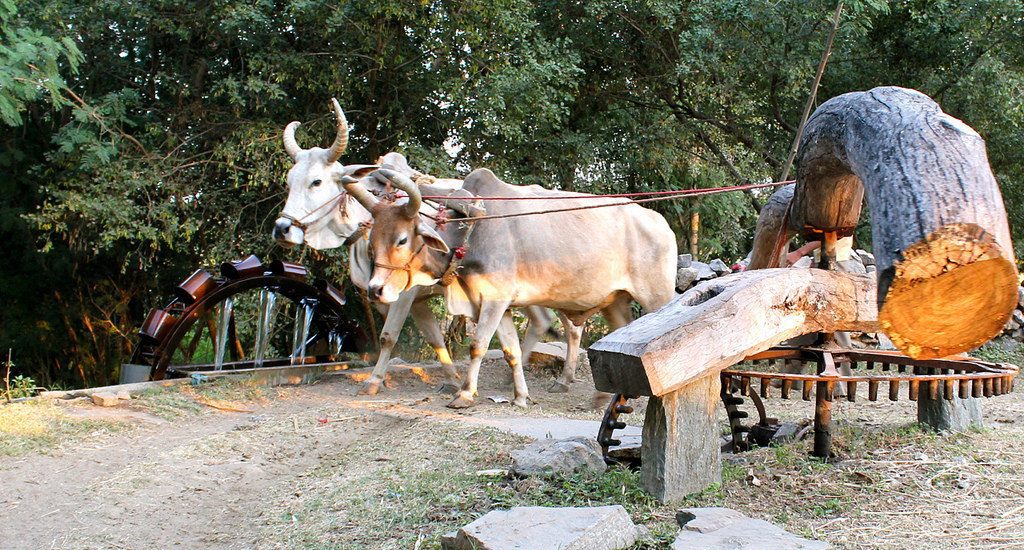
Time has come to rethink the way we irrigate farmland
Rethinking irrigation needs to focus on end results and in exploring every possible way of reaching water to crop roots. For this to happen, perhaps the hegemony of the irrigation bureaucracy needs to come to an end
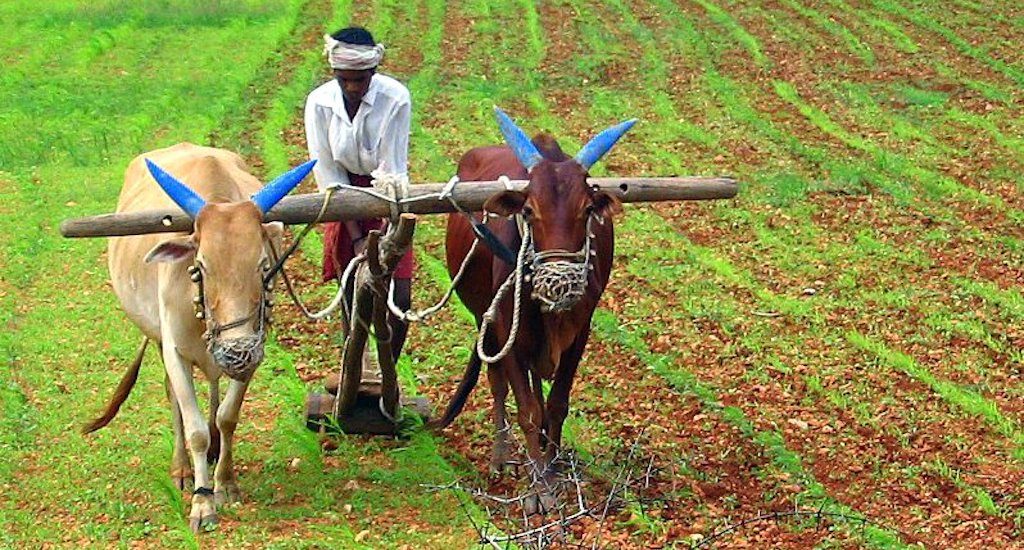
Are farmers collateral damage of modern economic growth?
People living in villages, who are migrating in large numbers to urban spaces in search of livelihoods, could be victims of our economic development or perhaps the dismal income growth of farm households is semi-deliberate to keep labor costs low
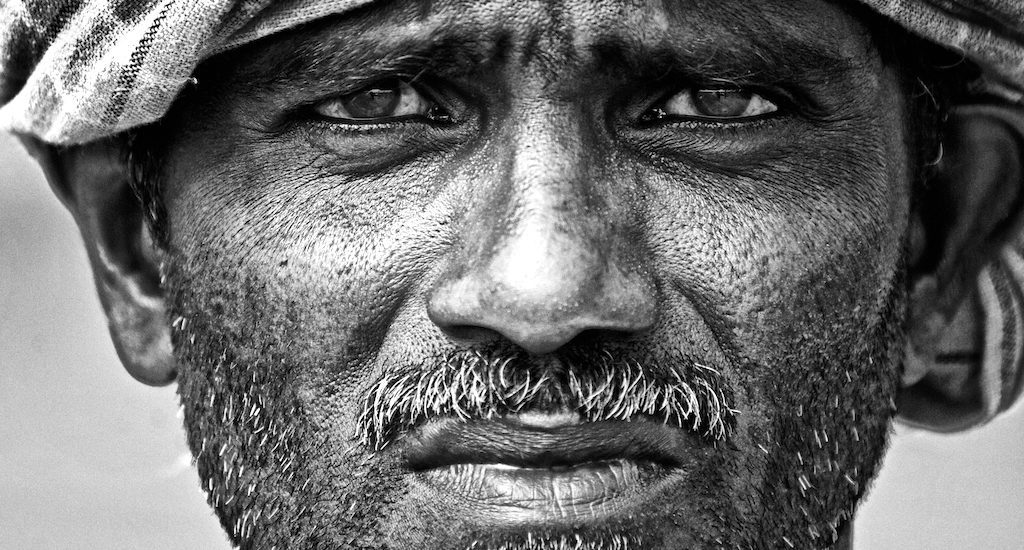
Droughts, floods, and suicides: What Bihar can teach Maharashtra and other states
A deeper dive is needed to draw insights from the low prevalence of farmer suicides in Bihar than in more developed regions of India such as Maharashtra, Tamil Nadu, and Andhra Pradesh
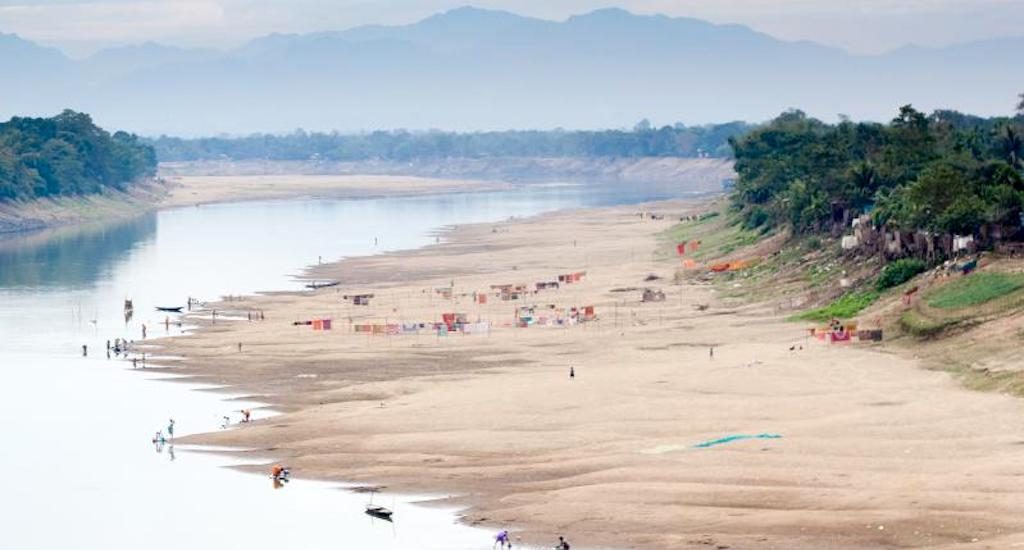
Living with the clockwork floods of Barak River
The state seems to be indifferent to the plight of the large number of people settled in the Barak Valley in southern Assam, and they are left to fend for themselves when the river routinely floods its banks every monsoon
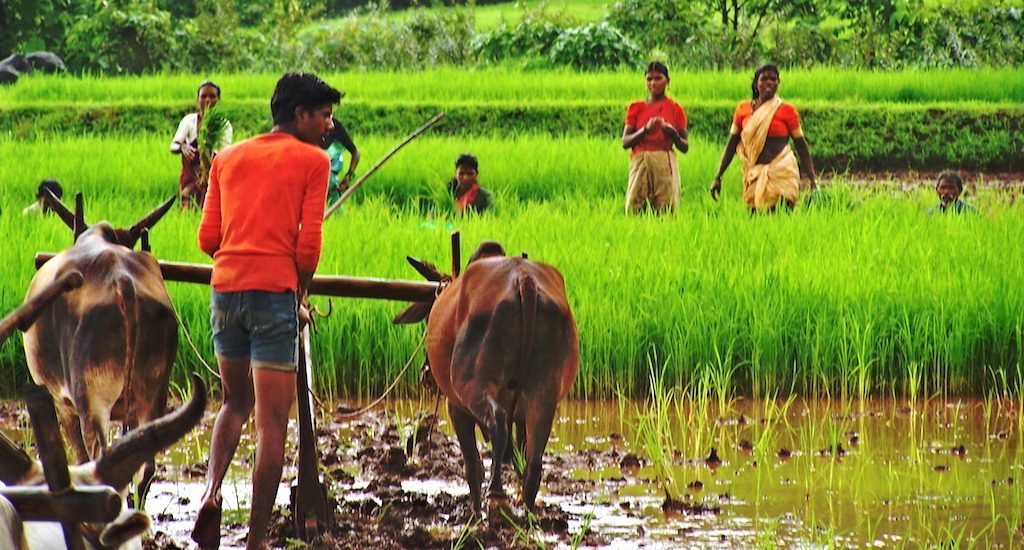
Land comes in between plough and plate
Increasing fragmentation of cultivated land in most parts of India makes it difficult to build supply chains of produce from farm gates to end consumers in an efficient and viable manner
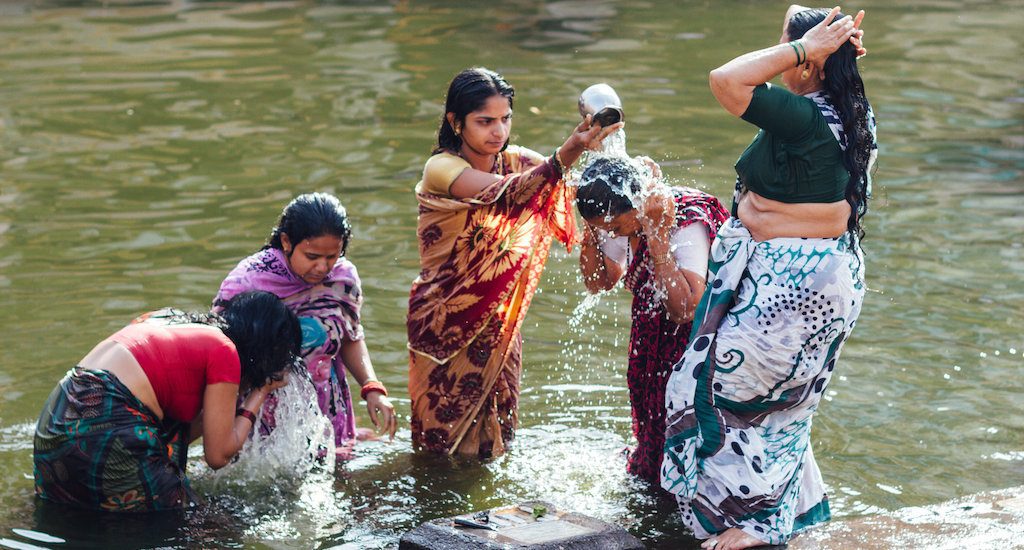
Rural men must realize women need secluded bathing spaces
Women taking a bath in the open is a common enough sight in the countryside, which needs to change. For that to happen, it is important to change the mindset of men and their insensitivity towards the issue
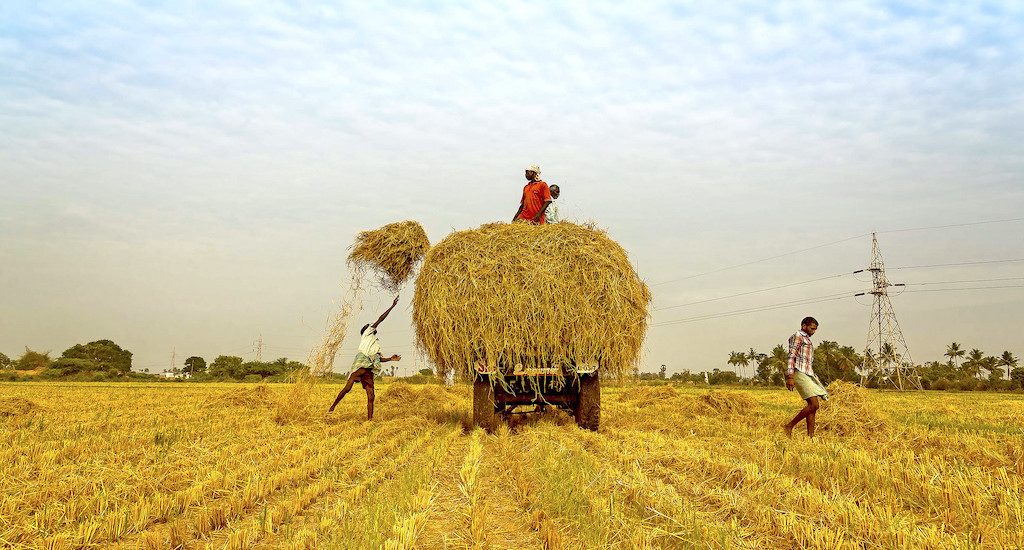
Budget has prepared ground for states to usher in transformation
Finance Minster Arun Jaitley has paved way for making significant transformation of rural areas a reachable dream. It is now up to the states to get their acts together and not fritter away the substantial allocations for agriculture and rural development
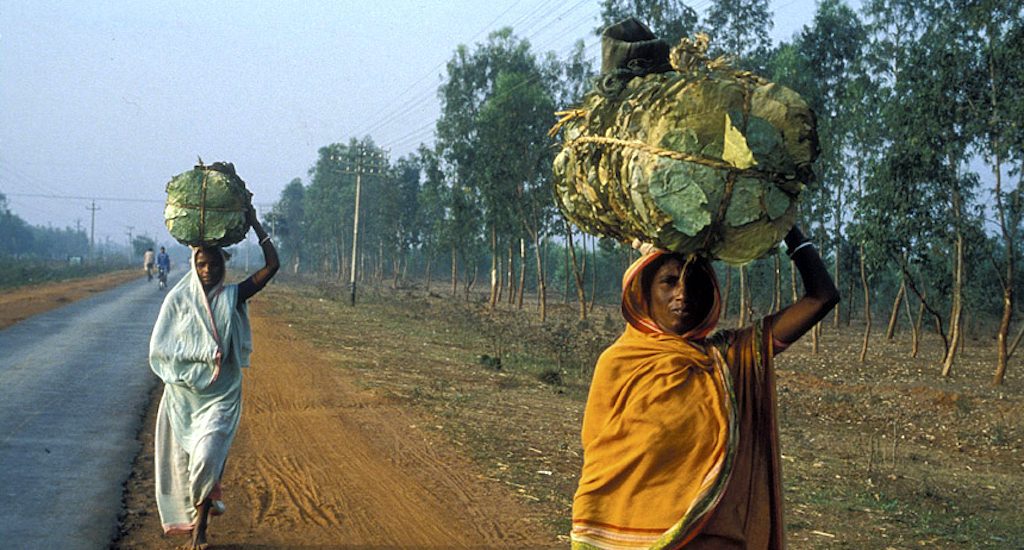
Women are still considered beasts of burden in rural India
Women carrying enormous head loads remain a common sight in large swathes of the country, indicative of our gender insensitivity and skewed priorities
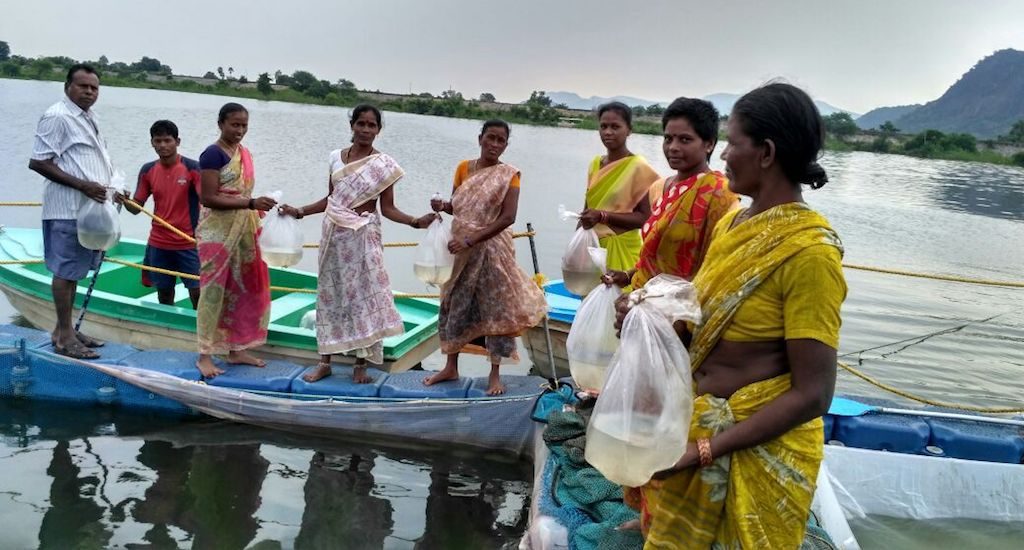
India should gear up for a blue revolution
The productivity of inland fisheries can be boosted massively if governments get out of the way of operations and let fish enterprises grow across India
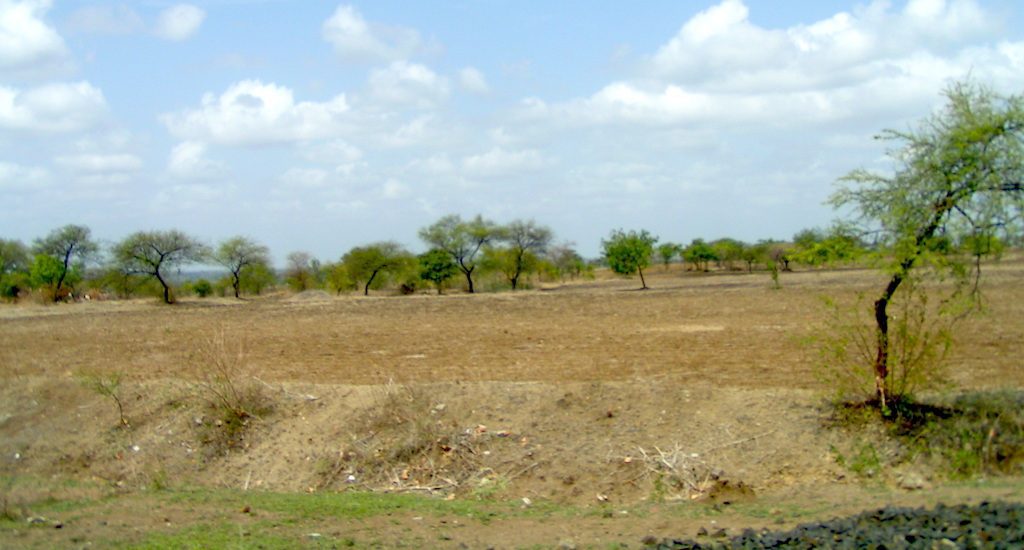
It’s much better to dig than to build for water
Learning from some exemplary instances in drought-prone Marathwada, it makes sense for government programs to dig tanks and deepen streams for water sufficiency instead of building expensive structures
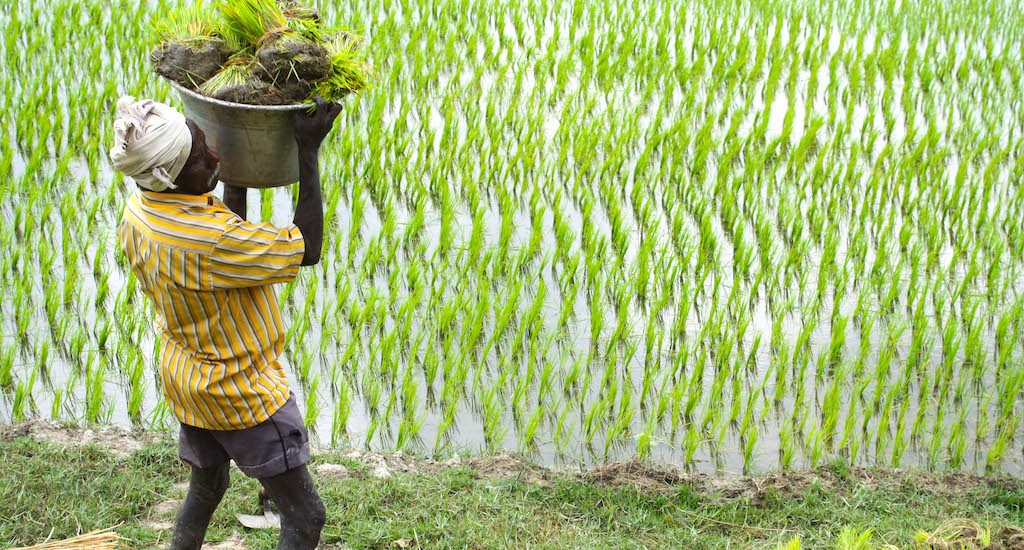
Convenience drives farm practices more than sustainability
For all talk of sustainable farming practices than often entail increased drudgery, there is a clear trend that farmers are swayed by convenience and ease of use more than anything else
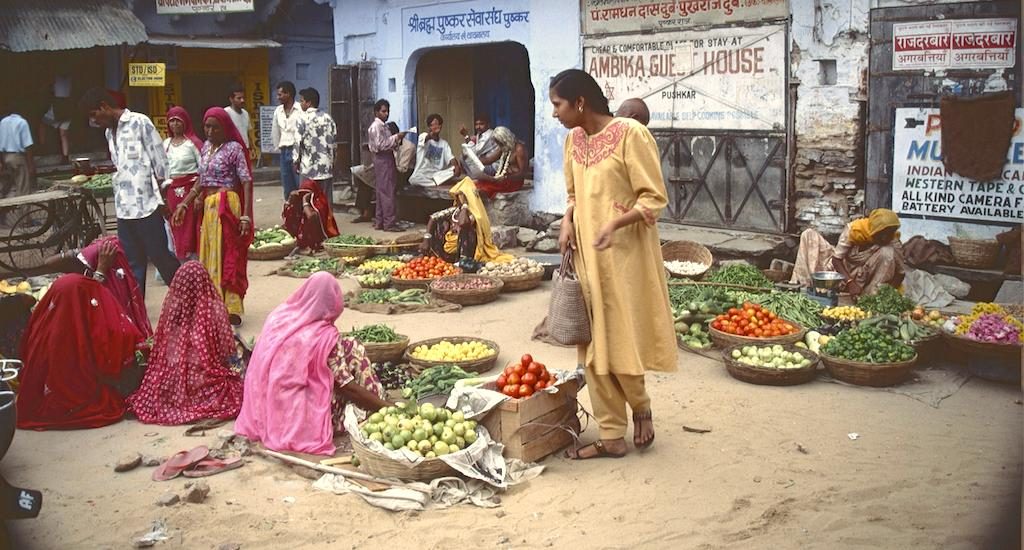
Small vegetable and poultry farmers severely affected by demonetization drive
Three weeks into the surprise announcement by the government to withdraw high denomination currency notes from circulation, it is now clear that producers of perishable commodities such as vegetable and poultry have been seriously impacted
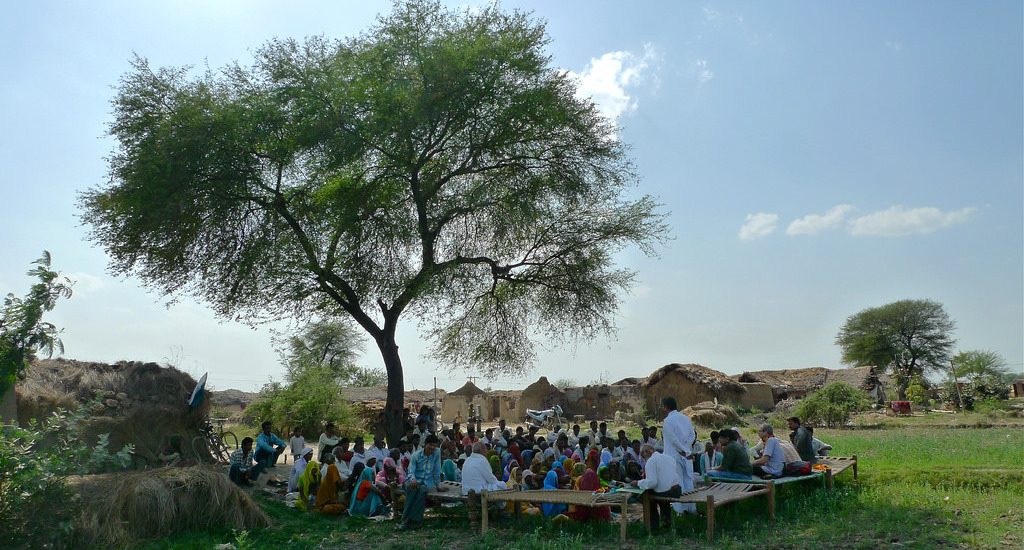
Demonetization and the rural poor in five dimensions
The junking of high value currency notes has led to an unprecedented situation where the poor are more at risk from manipulation by the unscrupulous than from any crippling financial loss in the short or medium terms, barring exceptions
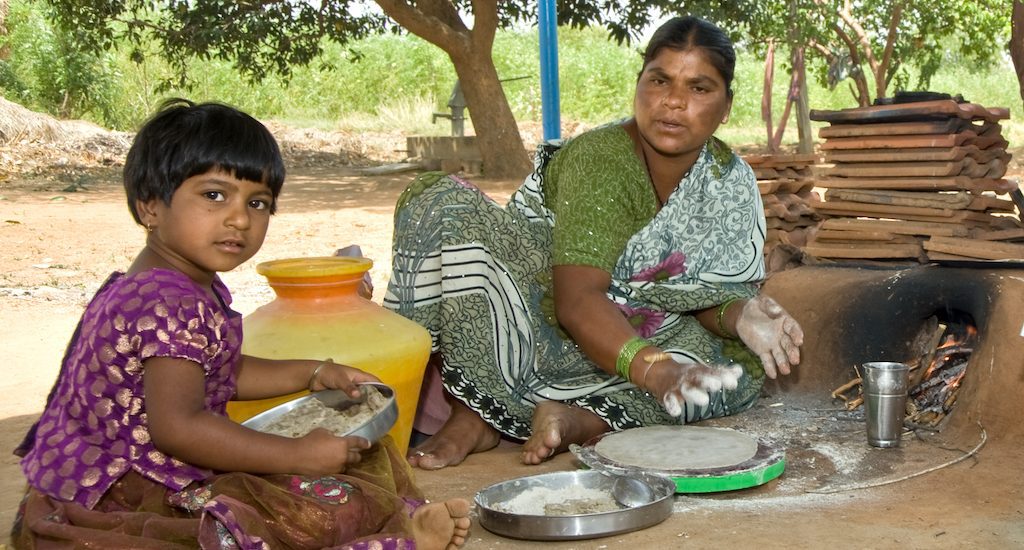
Tackling malnutrition in India needs thinking out of the box
If India has to improve its rank on the global Hunger Index, there has to be an emphasis on alternative and participatory approaches of delivering nutrients to underserved populations
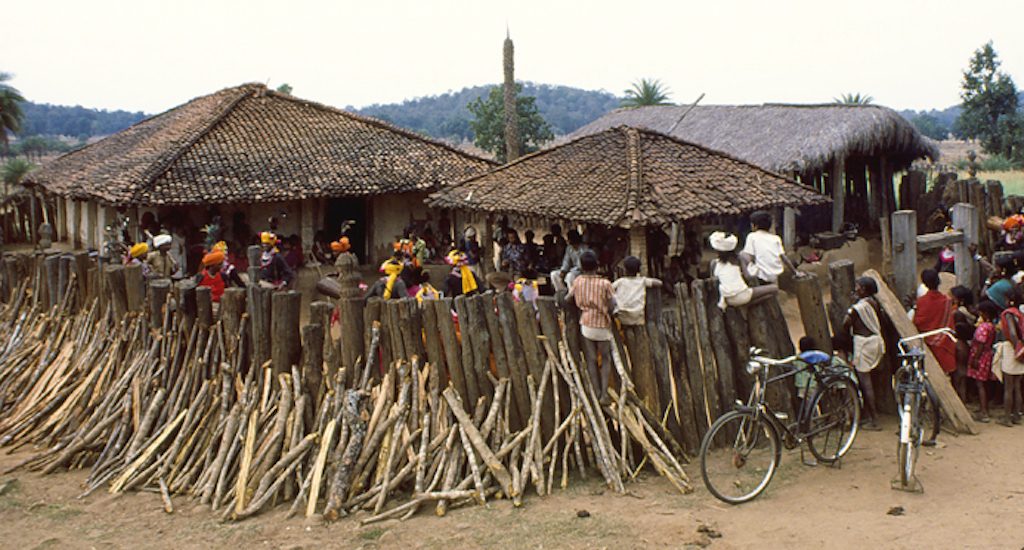
Can this crisis in the heart of India be allowed to continue?
The economic exploitation and developmental neglect of the core tribal areas of India’s eastern plateau and hills across Odisha, Chhattisgarh and Jharkhand have to be tackled through practical solutions unhindered by ideological blinkers
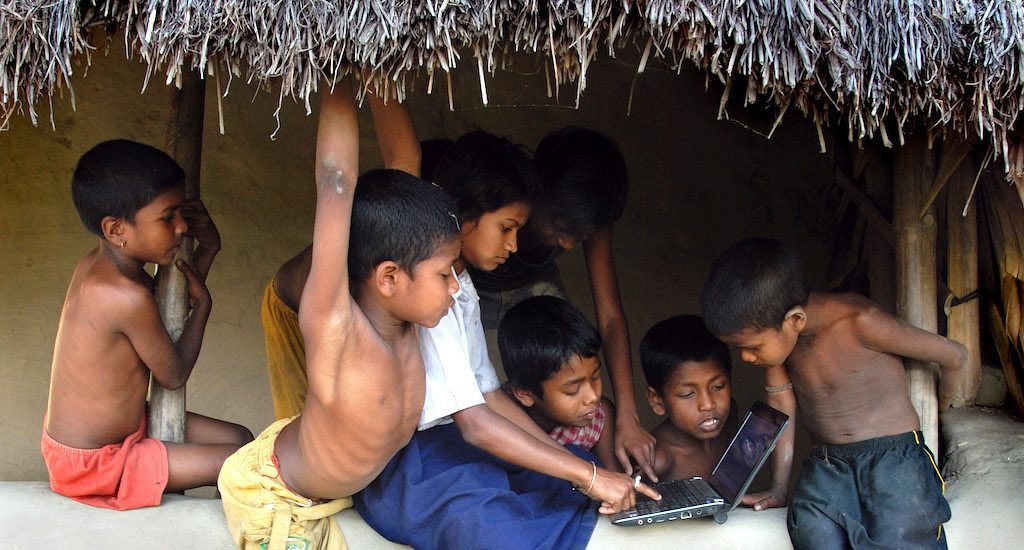
There’s a mismatch between aspirations and reality in rural India
Opportunities to a better life have not kept pace with the rising aspirations of the rural youth that are a natural corollary of high economic growth, which raise spectres of frustration and social friction in our society